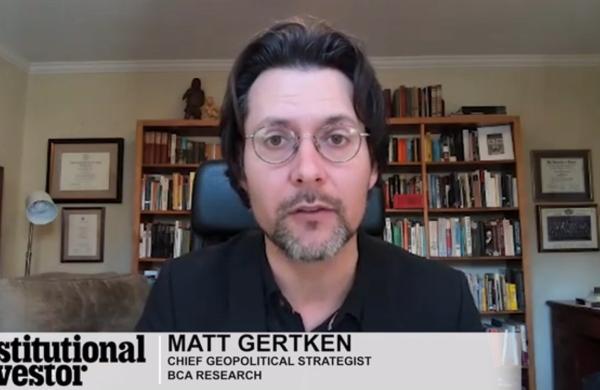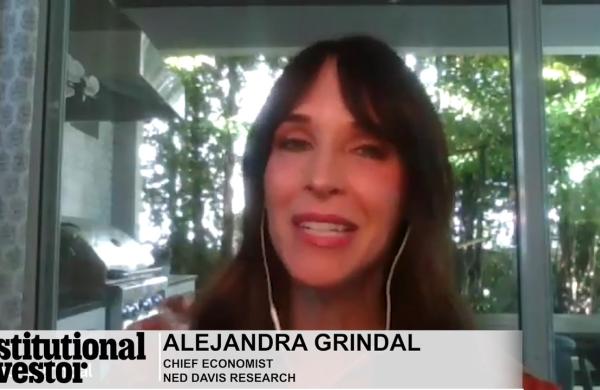How does it feel to be a bond analyst when it seems like every other newspaper headline trumpets more bad - and unexpected - corporate news? "You go into the ring fully prepared and properly trained. But there are only so many blows to the head you can take. That's what these markets feel like at the moment," explains Gary Jenkins, who heads global investment-grade research at Barclays Capital in London. During the past year Jenkins has had to absorb a few jabs in Europe's fixed-income markets.
A big part of a fixed-income analyst's brief is to alert investors to potential credit problems. Pummeled by negative military, political and corporate news over the past 18 months, a researcher could become a little punch-drunk. Still, the torrent of disturbing disclosures has made the credit analyst's job more vital than ever. Who doesn't want a heads up on the next potential WorldCom or some perspective on the latest unnerving headline?
To find out who's the best at providing such information, Institutional Investor this month inaugurates our eighth ranking of research analysts: the All-Europe Fixed-Income Research Team. Senior Editor Jane B. Kenney and her crew began work on the team more than a year ago, sitting down with leading European buy- and sell-side fixed-income professionals. These discus- sions helped produce an extensive questionnaire, assembled by Associate Editor Emily Fleckner, that sought the opinions of more than 1,300 bond specialists. Fleckner, who holds a master's in international political economy from the London School of Economics and Political Science, found herself caught up in the markets' recent problems: The hardest part of the survey, she reports, was "trying to keep pace with rapid organizational changes at the research houses themselves as they tried to cope with the markets' upheavals." To see which firms and analysts are coping best, turn to page 25.
If analysts' legs are feeling a little rubbery these days, then accountants' knees must be ready to buckle. Sir David Tweedie, head of the fledgling London-based International Accounting Standards Board, is working on a number of no-nonsense solutions for the industry's messiest problems ("Can One Honest Man Save Accounting?" page 36). Skepticism about Tweedie's plans abounds. But as Staff Writer Justin Dini relates in this month's cover story, the Scotsman's previous successes strongly suggest that you shouldn't count him out.




